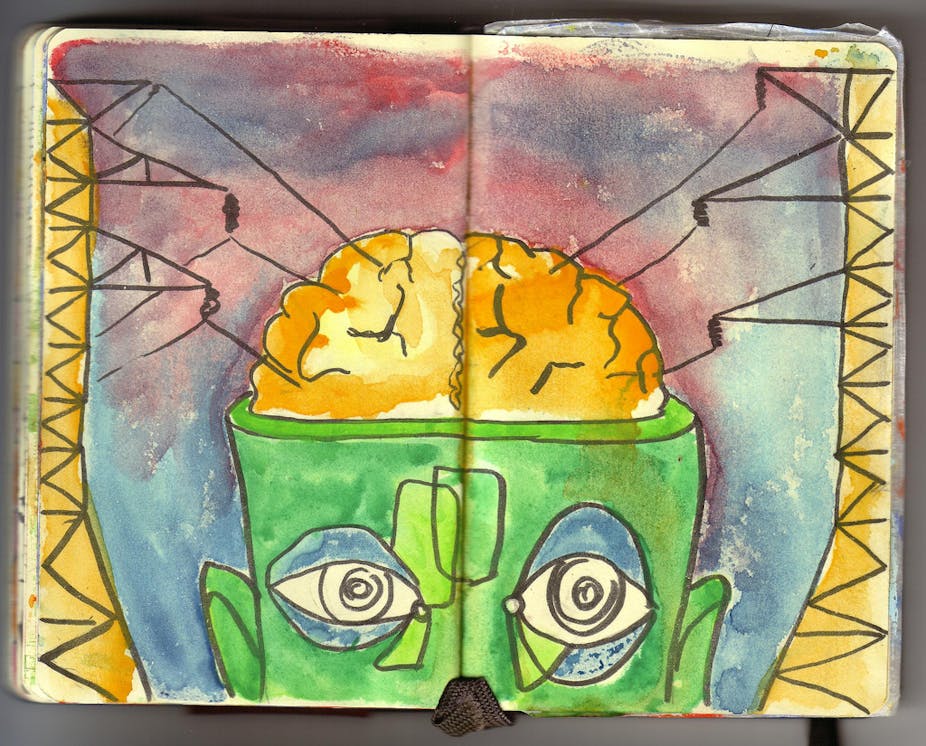Around 20 minutes of tiny electric shocks to the scalp may improve brain function in schizophrenia patients, a study has found.
Transcranial Direct Current Stimulation (tDCS) involves passing a mild, painless electric current into the brain via electrodes attached to the scalp. Previous studies have suggested it may help improve memory performance and help people with depression.
A new study by scientists from Neuroscience Research Australia published in the journal Schizophrenia Research found that the learning skills of schizophrenia patients improved after 20 minutes of tDCS.
“We found that this type of brain stimulation boosted learning from feedback which is important in everyday life, for example in learning to act on cues from other people in social situations,” said lead researcher, Dr Tom Weickert, a senior lecturer in psychiatry at the University of NSW.
“There are very few new treatment options for people with schizophrenia, so finding a different treatment that is promising and also has little in the way of side effects is very exciting.”
The study involved 20 people diagnosed with schizophrenia or schizo-affective disorder.
After being rigged up to the stimulator, they were asked to perform a 15 minute test where they had to learn which combinations of flash cards were associated with certain outcomes. A certain combination was associated with ‘rain’ and another combination with ‘shine’ and it was up to the participants to work out the rules as they went along.
People with schizophrenia traditionally perform slightly worse than the general population at this test, Dr Wieckert said.
The participants completed the test both with the electrical current stimulator switched on and with it switched off. The experiment was designed such that the participants did not know if the machine was on or off.
About 60% or 12 out of 20 appeared to perform better with the stimulation switched on, said Dr Wieckert.
Further tests were now planned to see if the benefits lasted over longer periods of time, he said.
“New medications available for schizophrenia these days tend to be helpful with so-called hallucinations and delusions but they don’t do so well helping people integrate back into society, which is where a lot of these cognitive deficits are a factor. We hope this will be an additional treatment, not something to take the place of medication,” he said.
“It would then help them be more likely to get back into society, socialise with people and handle a job and all the cognitive processes required for that.”

